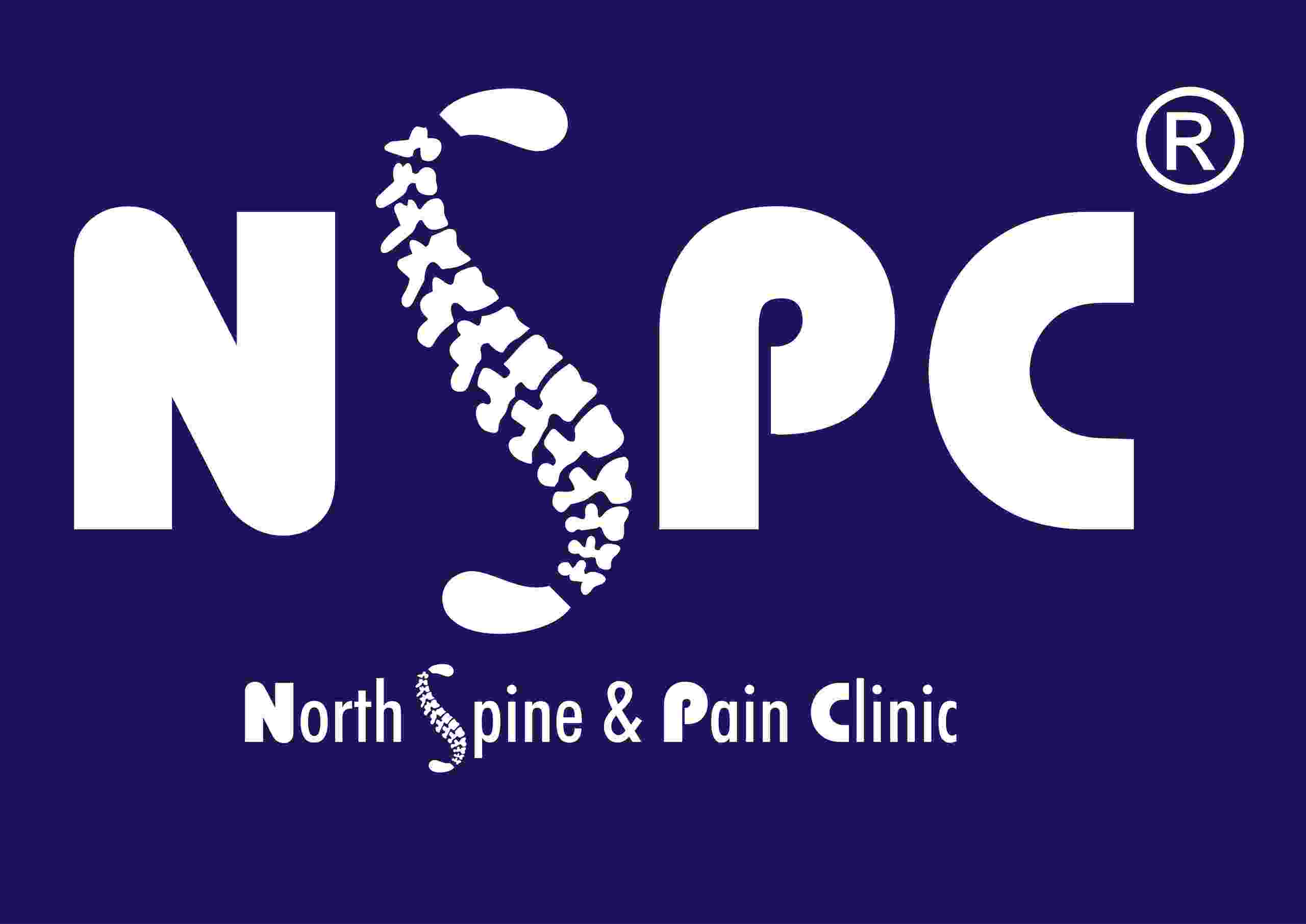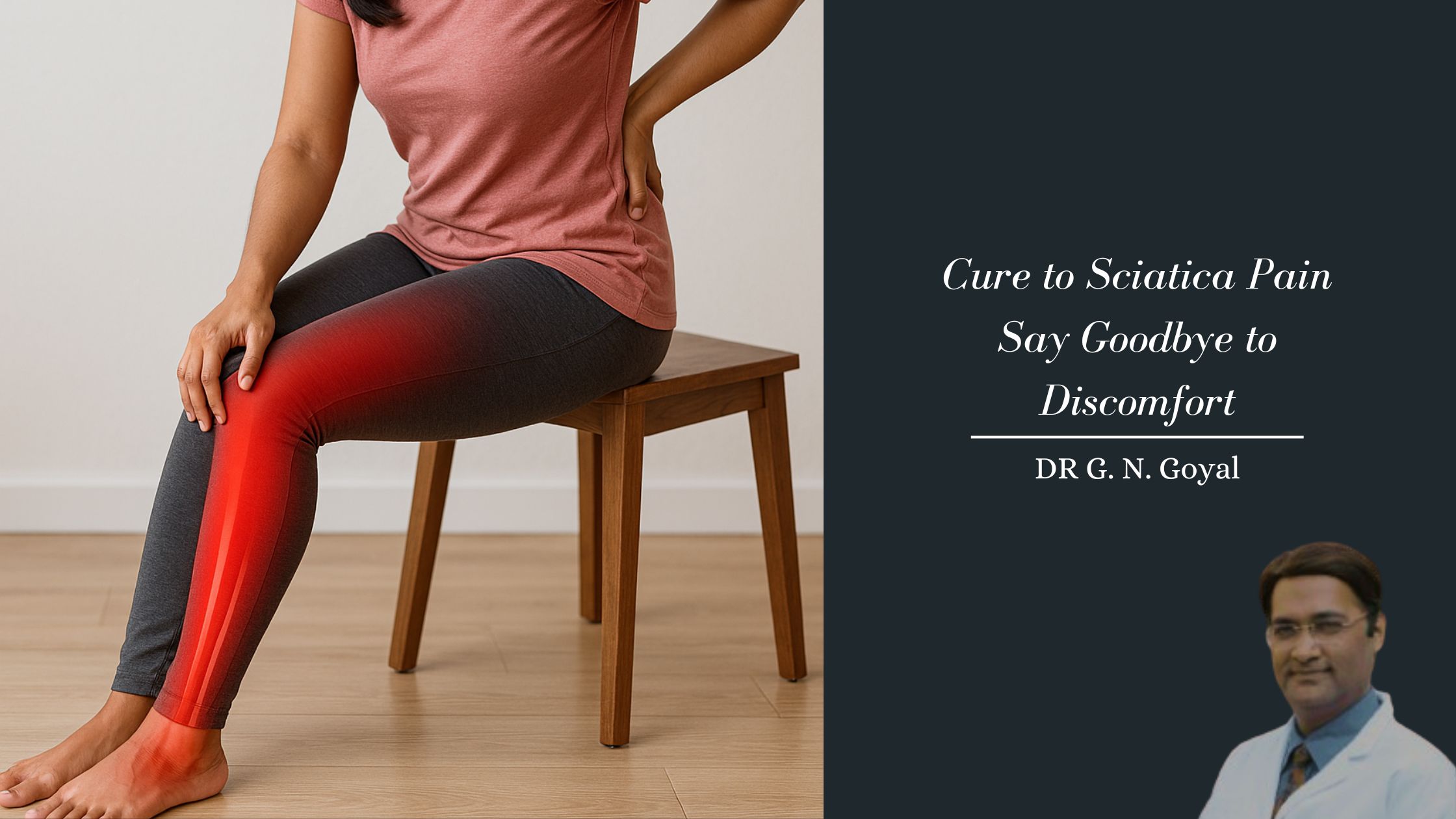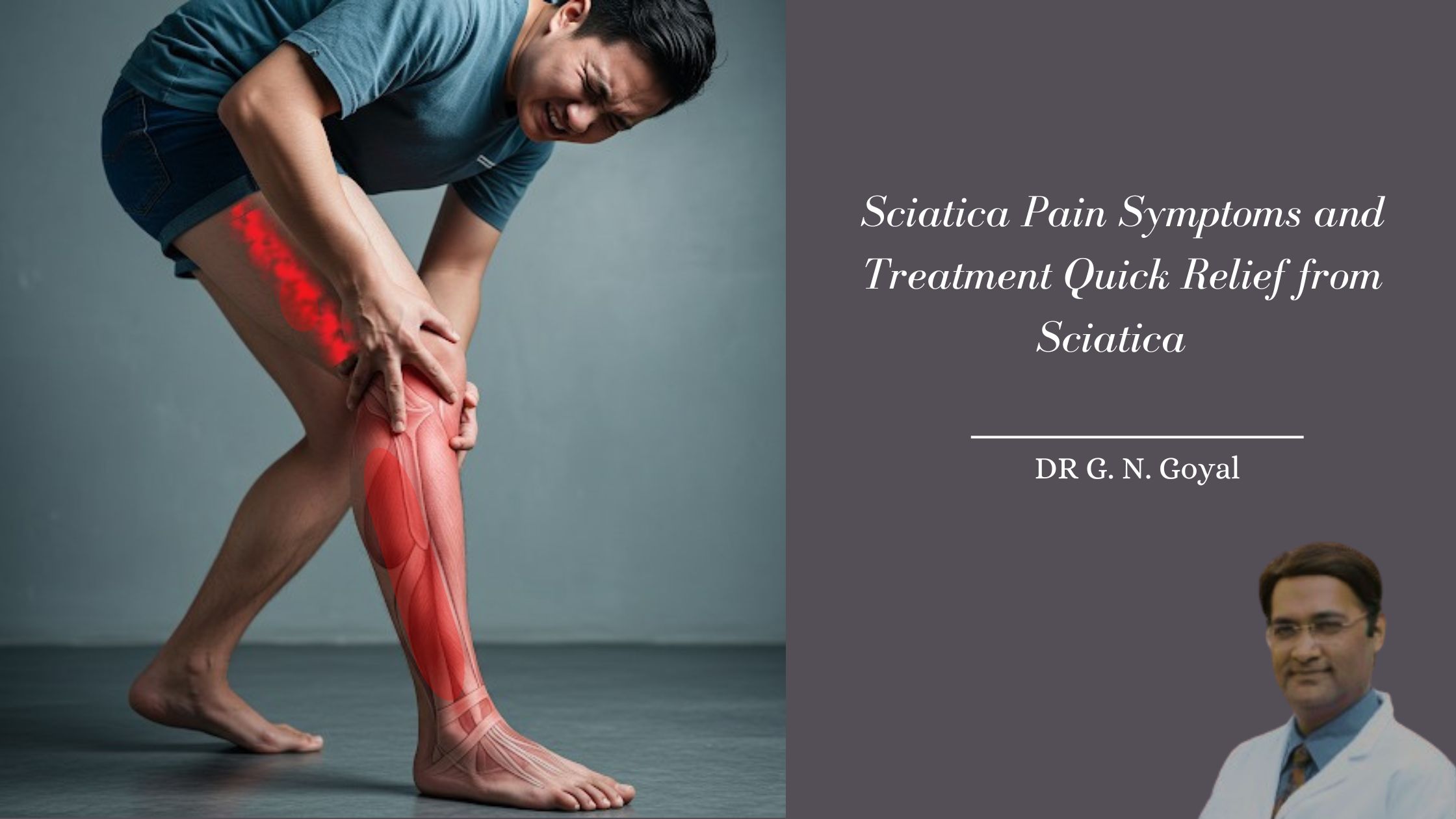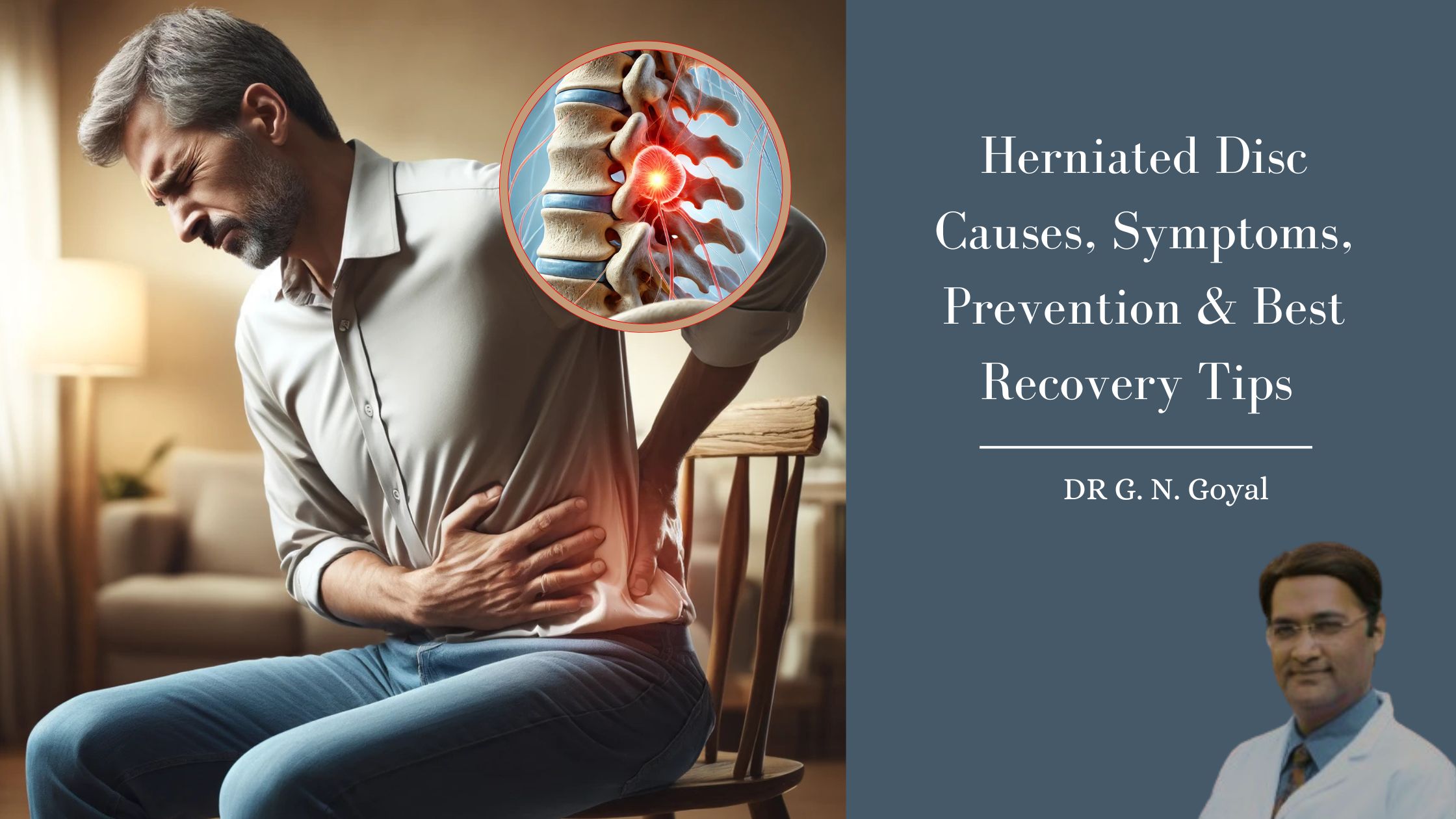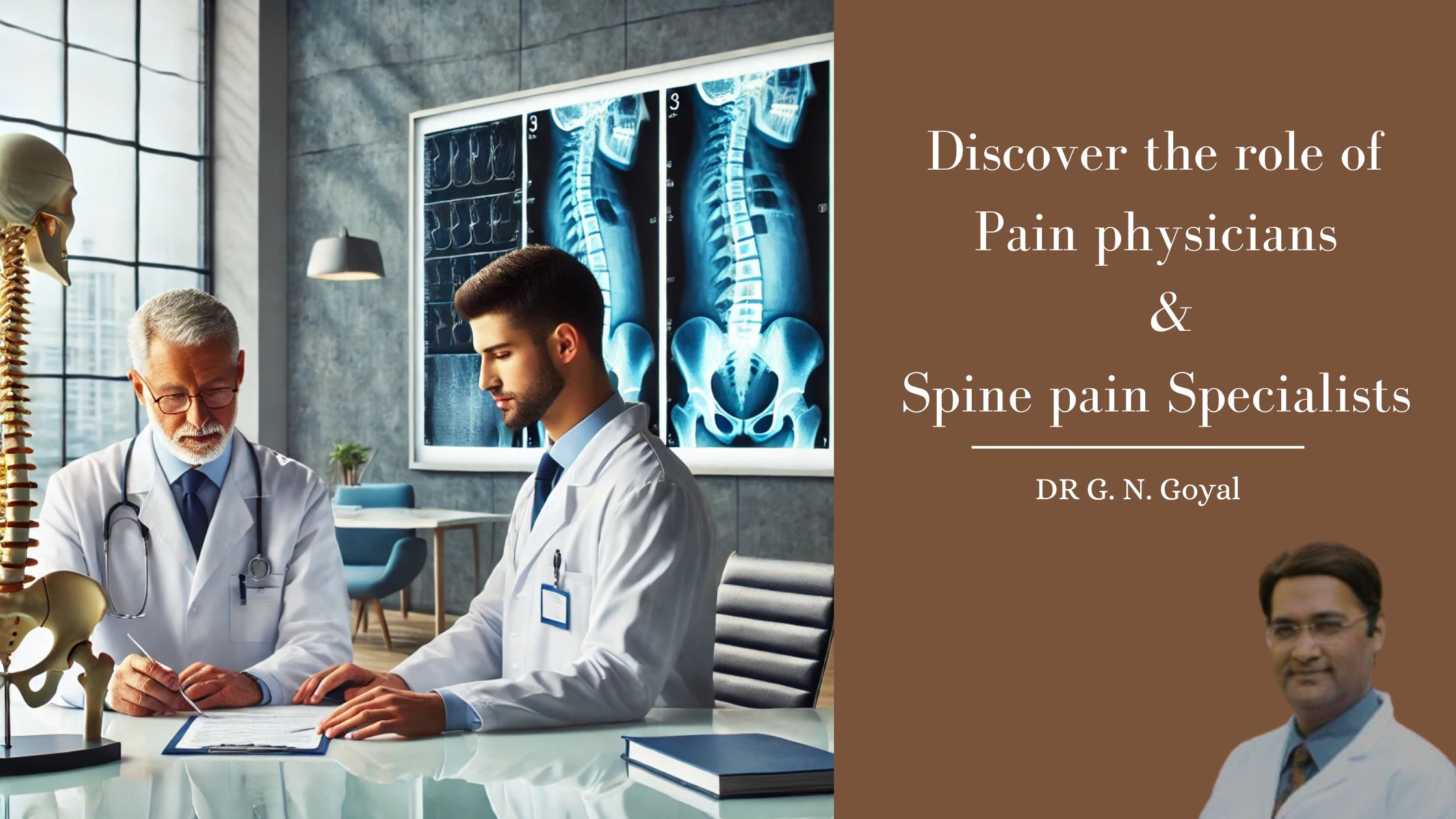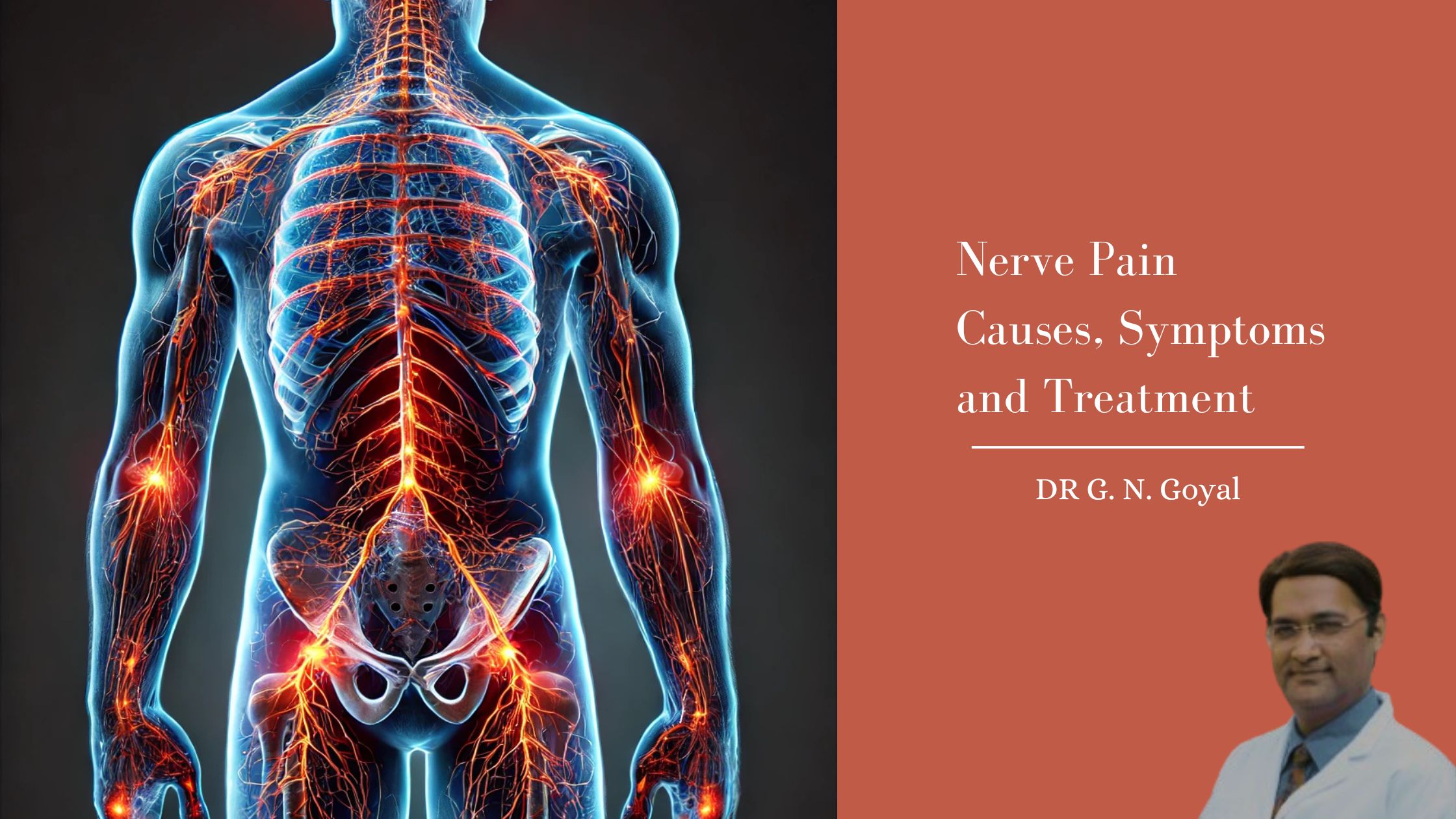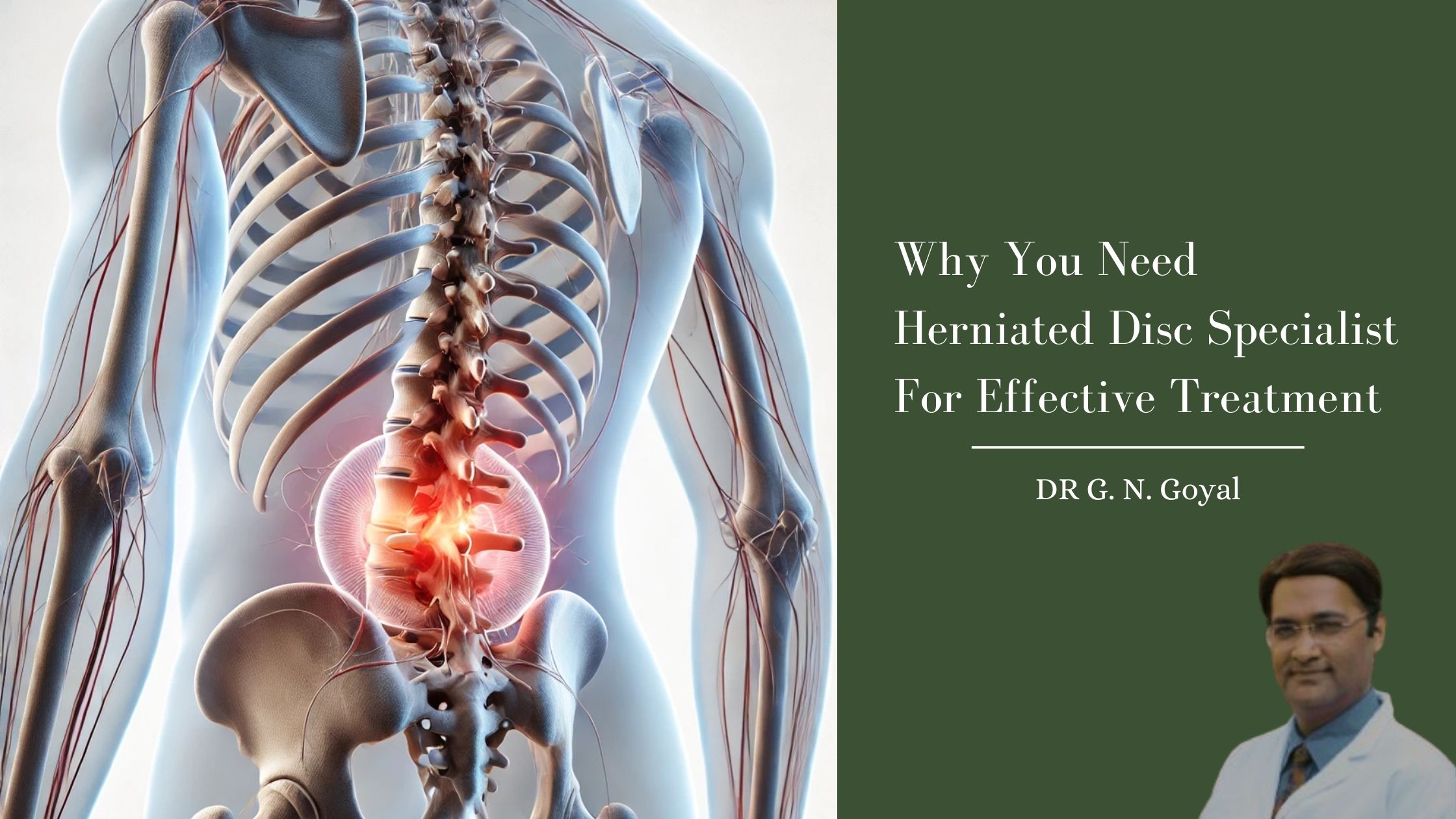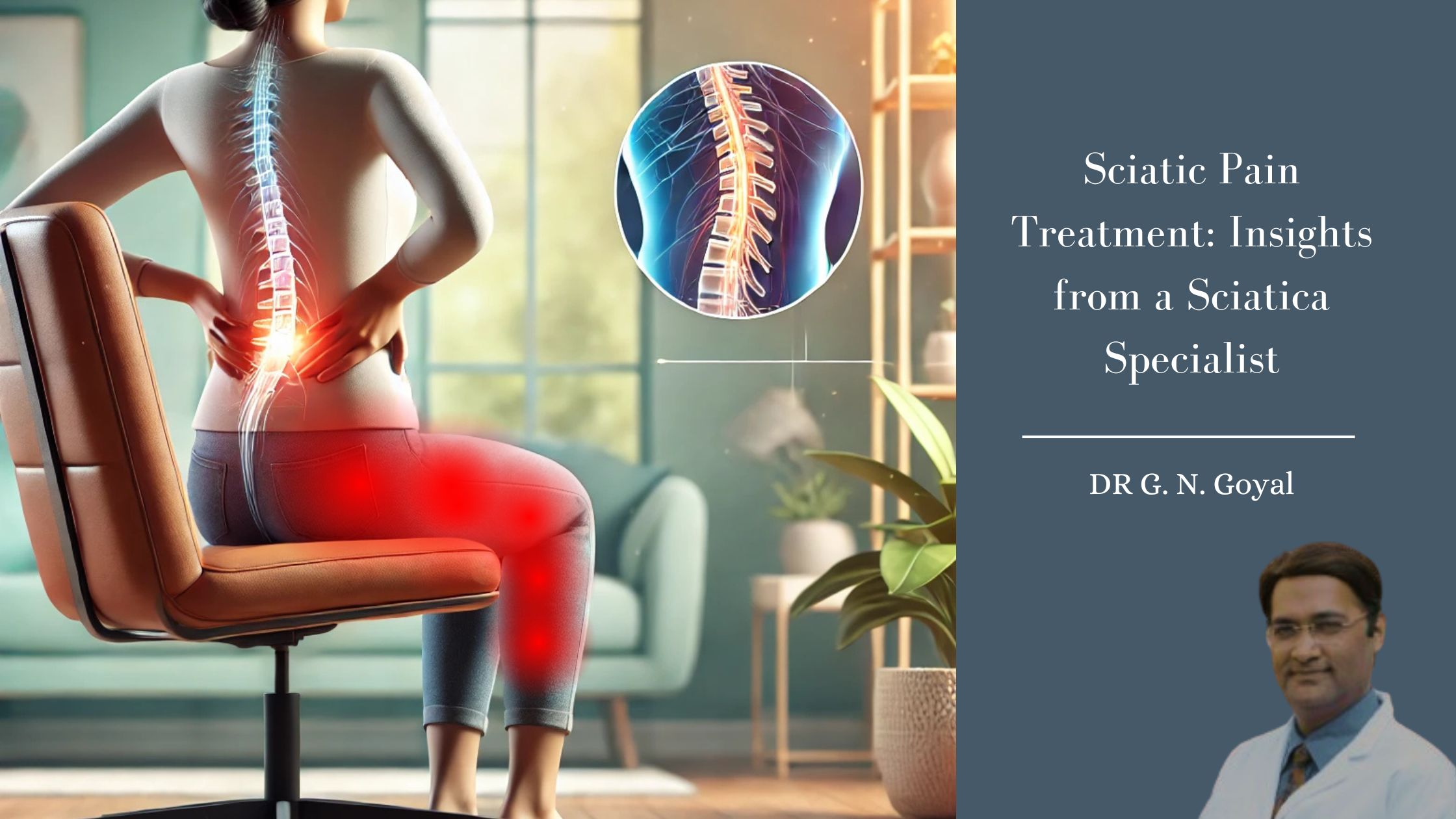Cure to Sciatica Pain: Say Goodbye to Discomfort
Cure to Sciatica Pain: Say Goodbye to Discomfort
Sciatica pain can be a life-altering issue that makes everyday movement a challenge. It usually starts in the lower back and travels down through the hips and legs, often due to a pinched sciatic nerve. Finding the cure to sciatica pain becomes essential when simple tasks become difficult and painful. This blog will help you understand the causes and the most effective sciatica pain treatment options available today.
What is Sciatica Pain?
Sciatica pain refers to the discomfort caused when the sciatic nerve is compressed or irritated. People often describe sciatica pain as a sharp, shooting ache that travels from the lower back to the legs. While it may go away on its own for some, others may need proper sciatica pain treatment to avoid long-term complications.
Effective Cure to Sciatica Pain: What Works?
Let’s explore the best options for the cure to sciatica pain:
1. Physical Therapy
Therapists often suggest exercises that focus on strengthening the lower back and core muscles. These exercises have minimal role in relieving sciatica pain but mainly prevent it from coming back.
2. Medication
Anti-inflammatory medications or muscle relaxants are often part of the sciatica pain treatment plan. These help in reducing nerve inflammation and give temporary relief.
3. Alternative Therapies
Acupuncture and chiropractic treatments have not shown great results in the cure to sciatica pain. These natural techniques help in relaxing the muscles and improving posture.
4. Surgical Options
In few cases, surgery might be considered as a sciatica pain cure when all other treatments fail.
5. Medical treatment or Interventional treatments offered at Spine & Pain clinics.
Cure to Sciatica Pain at a Pain Clinic in Delhi
If you’re looking for expert care, visiting a pain clinic in Delhi can make a huge difference. Specialist Dr perform Nonsurgical, minimally-invasive, keyhole (MIPSI) treatments – Latest and safest way of treating sciatica pain. More than 90% patients need these treatments, if sciatica pain is persisting for more than 2 months. These clinics specialize in advanced methods of sciatica pain treatment like:
- Epidural technique
- Radiofrequency treatments
- Neuroplasty treatments
- Spine endoscopy
A professional pain clinic in Delhi will provide a personalized plan that suits your lifestyle and pain level. From diagnosis to the final sciatica pain cure, they guide you through every step.
▶️ Watch this sciatica pain short video on YouTube
Lifestyle Tips for Lasting Relief
- Maintain good posture
- Avoid sitting for long hours
- Use ergonomic furniture
- Practice yoga and light stretches
- Keep your weight under control
All these steps contribute to a natural cure to sciatica pain and work alongside medical options for a balanced recovery.
Conclusion
Don’t let sciatica pain hold you back from living your life to the fullest. Whether you’re exploring natural remedies or consulting a pain clinic in Delhi, finding the right sciatica pain cure is entirely possible. With the right guidance, exercises, and therapies, the cure to sciatica pain can be within your reach.
So if you’re tired of living in discomfort, seek the right sciatica pain treatment today and take the first step towards a pain-free life!
Visit the Sciatica pain Specialist – Dr. G N Goyal, for any sciatica spine or nerve pain-related problems in Delhi, Haryana or Punjab at the nearest Sciatica Pain Clinic – NSPC Clinic. Book your appointment now!
👉 CONTACT US
You may please click here to know the pleasant experiences of our Sciatica pain patients.
